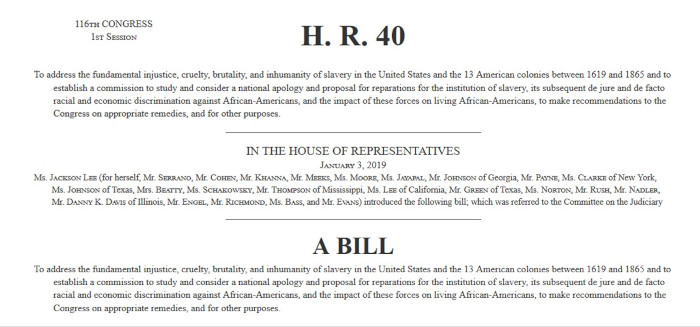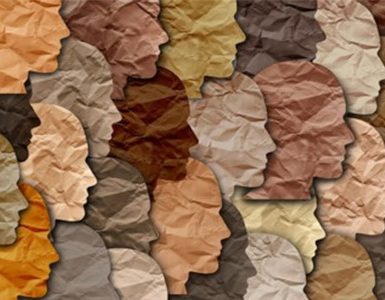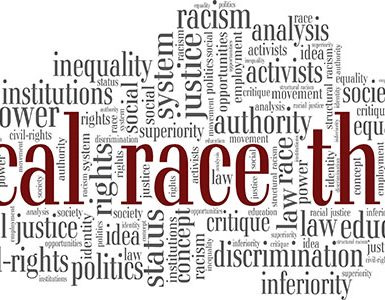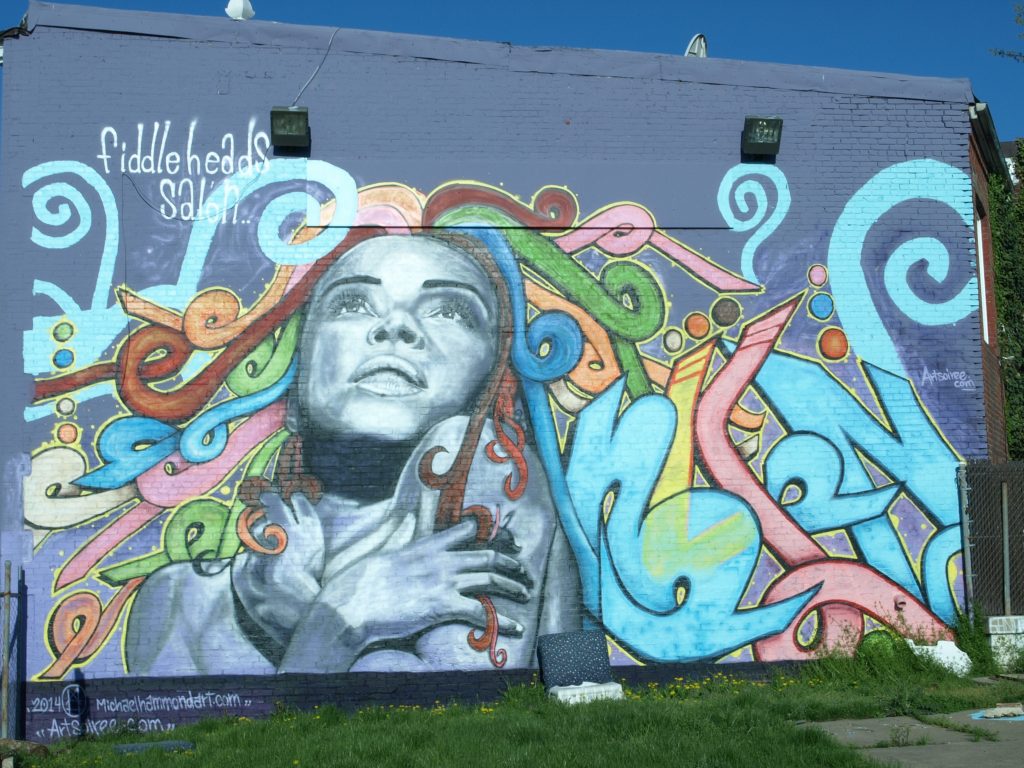Presidential primaries are underway throughout the country and, after securing enough delegates to win the Democratic nominee, former Vice President Joe Biden is set to take on President Donald Trump in November. Amidst heightened racial tensions, how the government addresses injustices against the Black community is at the forefront of issues during this campaign season. Currently, we have someone in office who has an extensive record of spewing bigotry and deepening the racial divide that already plagues our country. One who calls African nations “shithole countries” and tells non-black opposers to his policies to “go back to where they come from.” One who urges the reopening of the economy despite a global pandemic and new cases on the rise, but largely ignores systemic injustice in the wake of the largest civil rights movement in human history. While Joe Biden is not my personal favorite for the Democratic nomination, President Trump’s “Make America Great Again” cultist following, which has been upheld by white supremacy and racism for the last four years, makes Biden the only acceptable choice. In addition to the reform needed within our system, the ongoing issue of the pandemic has also affected Black and Hispanic communities disproportionately more than other races. During a time when the people, especially marginalized people, are in dire need of strong leadership and transparency, our President hides in bunkers, cuts off ties with the World Health Organization, and uses military force against protests for police reform.

The case for reparations as been one of debate since Democratic Representative of Minnesota John Conyers Jr. aggressively tried to push his Commission to Study Reparation Proposals for African Americans Act every year from 1989 to his resignation in 2017. The bill was never passed and the issue was never fully addressed until Ta-Naheesi Coates, amongst other prominent Black figures in politics and social activism, testified for its passing at a hearing with the House Judiciary Subcommittee on the Constitution, Civil Rights, and Civil Liberties on June 19, 2019. The bill, called HR40, seeks to assemble a committee of people to determine how reparations would look like for descendants of enslaved African peoples. The hearing puts extended pressure on Joe Biden as the country’s legislation still seems to be behind the United Nation’s 2016 declaration that Black Americans are indeed owed compensation for the enslavement of their ancestors.
Historians have calculated nearly 4 million slaves with a market value estimated to be between $3.1 and $3.6 billion lived in the U.S. just before the Civil War. However, this number is minuscule in comparison to the capital generated by slave labor for the merchants who built large industrial corporations exporting slave-picked cotton, the banks who insured slaves for slave owners, the collegiate institutions built on slave labor, and the list goes on. Contrary to what is taught in our history books, slavery was not a piece of history that can be largely isolated in the South. Instead, a more accurate picture shows how all aspects of American life largely benefited from free slave labor. HR40 proposes approximately $17 trillion in the form of cash payments (about $150,000 per African American in 2019) as well as a committee that will seek to undo the systemic practices that allow racism to prevail. The latter part of this bill is the most important to me. Racism cannot be eradicated with a check. This committee must actively seek to dismantle the seeds in our social institutions that protect white supremacy and after four years of Trump’s tyranny, the need for this bill to pass is long overdue.
True reparations, in my opinion, would be a complete overhaul of the system. However, that would require a second Civil War and I am not sure about my readers, but I am definitely not armed and ready to go to war with the US military. So we must look at the system already in place and seek ways to make it equitable for all citizens. Joe Biden and whoever is appointed to his committee must acknowledge that the descendants of enslaved peoples are owed monetary compensation for the unpaid labor of their ancestors, but they also must acknowledge the racist practices and laws that continue to keep Black communities in statistically lower rates of poverty. This includes, but is not limited to voter suppression tactics, redlining, lack of funding for schools, the school to the prison pipeline system, the prison industrial complex, the 13th Amendment, mandatory minimums, the lack of voting rights for formerly incarcerated persons, and the abundance of food deserts in Black communities.
While America stands on the notion that this is the place where those from foreign lands can come and rest their weary bones, that this is the Land of the Free, and that all men are created equal, its history represents a grossly different narrative. We must stop looking at slavery as a singular atrocity in America’s youth and understand it for what it truly was, the machine that built America. And understanding that makes the case for reparations less about money and more about destroying the entire system.


















Add comment